45 private labels vs brands
10 Advantages of Private Label Branding - Sungistix The private labels can be more responsive to changing customer needs as compared to national brands. Since the market for private label is smaller, the production run are also smaller, leading to lesser unsold inventory, in case the product does not sell. That's a win win for the retailer. Brands Versus Private Labels: Fighting to Win In fact, a 1994 DDB Needham survey indicates that 60 % of consumers still agree that they prefer the comfort, security, and value of a national brand over a private label. Although this percentage...
How Private Labels Can Own 2022 - Winsight Grocery Business "In 2020, private brand sales grew 12.1% versus the prior year, compared to 10.2% for national brands," FMI noted in the report. "However, in 2021, a period in which sales comparisons were up against the sharp gains of 2020, private brands were off 4.6% versus the year-ago period, while national brands achieved slight growth of 0.2%."
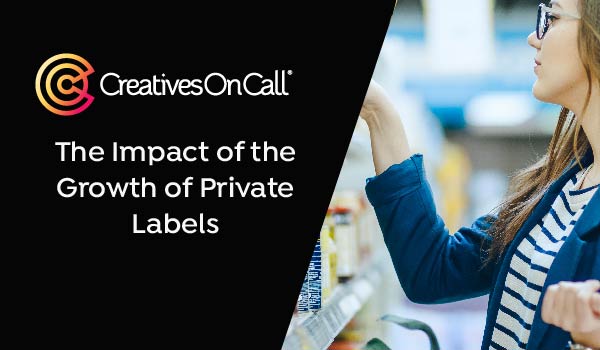
Private labels vs brands
The Evolution of Private Brands | GreenBook | GreenBook.org Most private brands started with store name labels and offered price concerned consumers a convenient, entry price option. Many retailers have evolved their private brand strategy to offer much more than entry pricing, with higher order benefits and higher prices. President's Choice cookies, which taste better to many consumers than the ... White Label vs. Private Label - What's the Difference? The biggest difference is that under white label agreements, manufacturers sell generic products to retailers and can sell that same generic product to multiple retailers, while under private label manufacturing, the arrangement is exclusive with one retailer. The other key difference involves the degree of customization that is permissible. Yunji Empowers Its Private Label Brand Qingziyang With Advanced Technology The recently-launched second generation of Yunji's megahit product, fruit and vegetable pressed candy from its private label Qingziyang, reached the milestone of five million sales within one ...
Private labels vs brands. Lead Free Glassware Brands For You| I Read Labels For You Mar 11, 2021 · As far as new vs old. They are ALL made of the same material. Visions began production in the late ‘70s in France and has never contained lead or nickel as an element of its creation. I myself, in fact, prefer cooking in some of the earliest pieces because they are a heavier weight with thicker walls and handles on the saucepans, for example. Private label - Wikipedia A private label, also called a private brand or private-label brand, is a brand owned by a company, offered by that company alongside and competing with brands from other businesses. A private-label brand is almost always offered exclusively by the firm that owns it, although in rare instances the brand is licensed to another company. The brand usually consists of products, but can also ... What are differences between private brands and manufacturers' brands? Private brands are brands created and used by wholesalers or retailers themselves to distinguish goods or services from other brands. Usually, private label manufacturing factories use their own supplies to produce products, and then affix the buyer's own brand labels on the products. Private label is a very attractive business model. Walmart's Private-Label Brands Are Its New Edge | The Motley Fool Private label brands help push margins higher Yes, profit margins on private labels are higher than they are for third-party brands. While the degree of profitability improvement can vary from one...
Amazon Wholesale vs. Amazon Private Label: 5 Reasons to Sell Wholesale ... Compared to private label, wholesale has a ton more brand recognition and awareness. Wholesalers can basically resell any existing product or brand on the market. Many brands already have dedicated consumer bases that trust a particular brand or product, meaning there are already customers willing to buy from wholesalers. The Complete Guide to Amazon's Private Label Brands - Pattern According to Numerator, brands selling in Amazon's core consumer packaged goods (CPG) category—household, grocery, baby, pet, beauty, and health products—saw an 81% growth in the 2017 to 2018 time period. AmazonBasics has seen major growth in recent years. As of April 2020, the label had been growing at a steady 47% year over year for the ... Difference between Manufacturers Brands and Own-Label Brand In the past few decades, some distribution channel members, particularly retailers, have started selling their own brands, called private labels. These brands are usually of comparable quality with the manufacturers' brands, though they are lower period. These private labels are given more prominence in the retail stores, thus enabling the ... Distinguish between manufacturer's brands and private label brands ... Terms in this set (6) Manufacturer brands. (national brands) are owned and managed by the manufacturer. Nike, Coca-Cola, Kitchen Aid and Sony. The majority of brands in the U.S are manufacturer brands. Private-Label Brands. (store brands, house brands, own brands) products developed by retailers. There are 4 categories.
White Label vs Private Label - THAT! Company In a private label relationship, the buyer specifies the design, parts, ingredients, or offerings. In a white label relationship, while the provider or manufacturer may offer a range of customizations to fit specific needs, they specify the design, parts, ingredients, or offerings. Sound confusing, it's not. 4 Benefits of Private Labeling for Your Brand - Century Label In the past, consumers largely saw brand-name goods as superior to private labels. Today, however, store brand or private label goods have made a name for themselves in the world of high-quality goods. Private label products have attained higher quality levels and consistency, thanks to better product innovations and improved manufacturing ... Private label brands - Economics Help Private label brands (or own brand labels) are products sold by a retailer with its own packing, but manufactured by a third party. For example, Tesco sell ordinary branded items, such as Heinz baked beans, but also sell their own 'Tesco Value' baked beans. The Pros and Cons of Going 'Private Label' vs. Selling ... - Sourcify When you purchase your products from a manufacturer and then put your logo on them before you sell, you have a private label. Doing business this way can lower product unit costs and lead to higher profit margins. Another great upside of using a manufacturer is that you can determine the quality and exact specifications of your products.
Difference Between Contract Manufacturing and Private Label Control of product. The manufacturer retains the control of product. He can change and tweak the specifications, the ingredients, the formula and other things as he sees fit. Better control over marketing. The manufacturer can decide upon the label design, give inputs on Logos and tag lines. Brand recognition.
Private Brand Definition - Investopedia Private brands, also known as private label and store brands, are made and sold for a specific retailer and meant to compete with brand-name goods. Private brands tend to be cheaper than name brand...
How retailers can turn private labels into powerhouse brands | McKinsey Private labels, or store brands, are having a moment. Early in the COVID-19 crisis, many consumer-packaged-goods (CPG) brands disappeared from store shelves due to panic buying and pantry loading. Some shoppers, not finding their preferred brands, instead bought private-label goods—and have continued to do so. The fact that private labels are ...
What Is Private Label?: White Label vs. Private Label Private label products are sold with no branding; branded goods are marketed via specific product characteristics. Private label companies profit by selling manufactured goods to other businesses; brands profit through their products' margin revenue.
What is Private Labeling: A Complete Guide - Alibaba Blog A private label product is manufactured by a contractor or third-party manufacturer and sold under a brand's name. Investing in private label goods means having complete control over ingredients, components, features, packaging, the label, and the price point. For online retailers, private labeling manufacturers make selling products online ...
Private Label, White Label, OEM - Barnes Custom Upholstery Bottom Line. White Label, Private Label and OEM share the facts that the actual manufacturer of the product remains anonymous and the buyer is responsible for all sales and marketing of the product. The key differentiators between the three is who actually owns the design of the product and who does the branding and marketing of the product.
Private Label Definition - What is Private Label - Shopify A private label product is manufactured by a contract or third-party manufacturer and sold under a retailer's brand name. As the retailer, you specify everything about the product - what goes in it, how it's packaged, what the label looks like - and pay to have it produced and delivered to your store.
12 Pros and Cons of Private Label Brands - BrandonGaille.com Even when they are more expensive, the value proposition of the private label brand is usually better. 2. Many private label brands work together to establish a product mix. Customers today want choices. This means they want generic products that compete solely on price and they want premium products which compete on quality.
Store-Brand vs. Name-Brand Taste-Off - Consumer Reports Trade big brands for store brands and you’ll save big bucks—an average of 25 percent, according to industry experts. In comparing store-brand and name-brand versions of 19 products, our ...
Private Label (Generic) vs. Branded Products: Differences Aren't Black ... Private label brands such as American Rag and Ink are sold at Macy's and altogether represent about 20% of sales which is up from less than 5%. Among other things, when researching branded food manufacturers we are careful to consider a company's diversity of product categories in addition to its market position in those categories. A ...
Generic vs. Name Brand Products at the Grocery Store – How to ... Dec 16, 2021 · However, most private-label brands are made by the same large companies that produce leading name brands. Offering up their products as store brands allows them to put their manufacturing capacity to good use and earn extra money. Store brands are cheaper than name brands for two reasons: No Development Costs. Food companies have to spend money ...
What is Private Labeling? [Definition, Pros, Cons & More] White Label vs. Private Label. The distinction between white label products and private label is subtle. Private labels are sold exclusively for one company, such as the Equate brand in Walmart. A white label product is a generic product sold to many retailers, like generic acetaminophen (Tylenol). Private Labeling Food Product Example

Exclusive Interview with Mr. John Fortman, Master Distiller of Southwest Spirits - Got Rum? Magazine
The Inside Scoop on Walmart Private Label Brands - BlueCart Walmart Private Label Brands do well when it comes to customer satisfaction. More than 49% of the private brand products have a customer satisfaction rating between 3.5 and 4.5. Products in the Auto & Tires category have the highest average rating which totals out to be about 4.6.

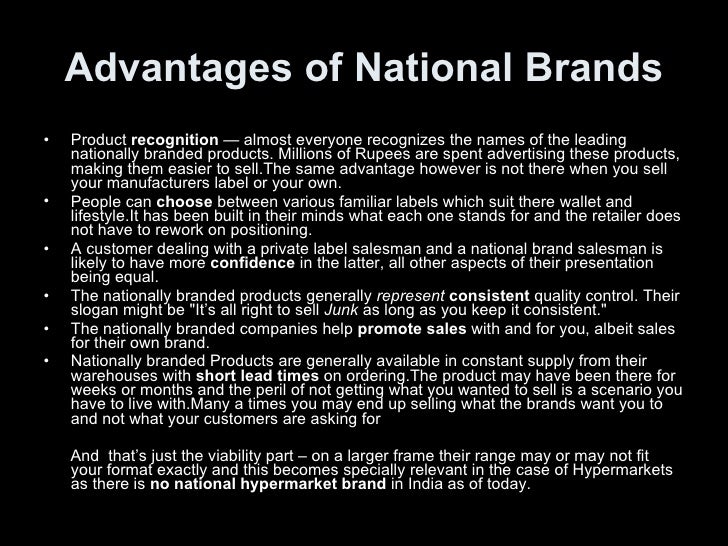
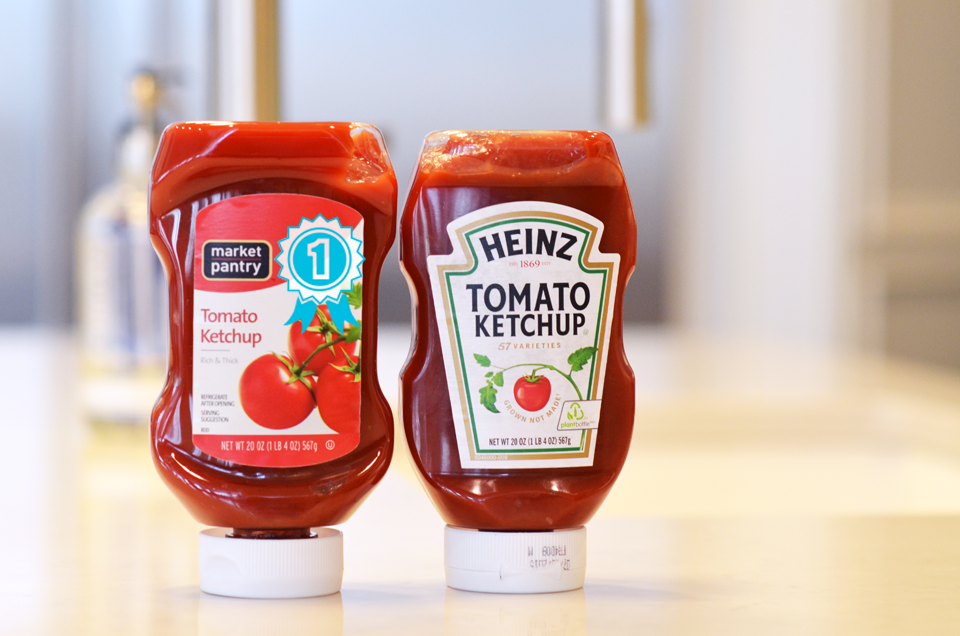
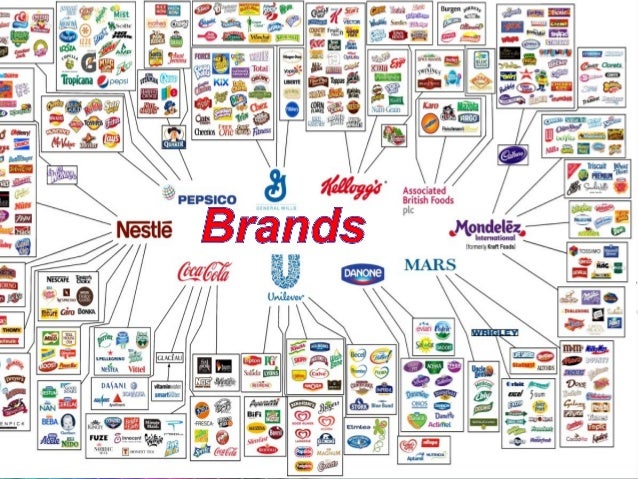
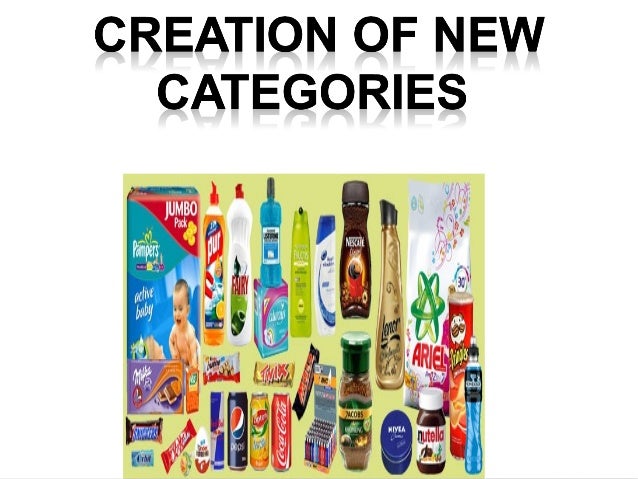


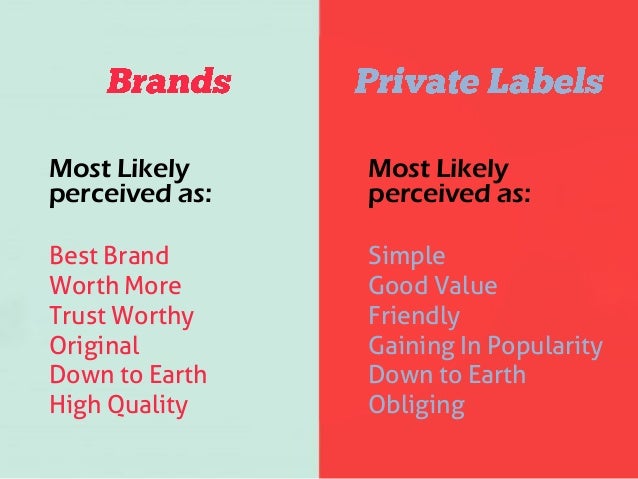
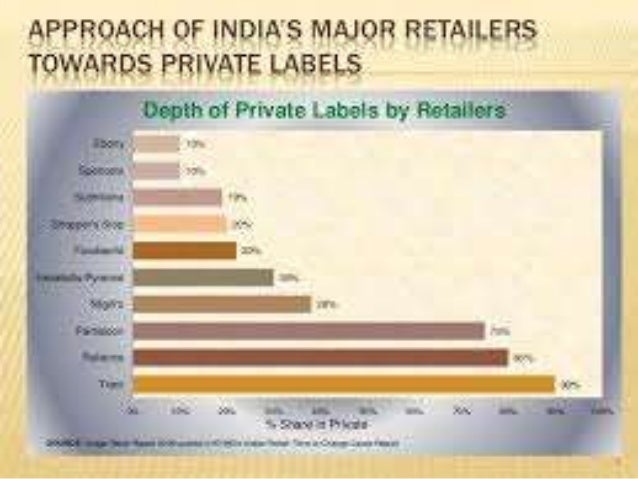

Post a Comment for "45 private labels vs brands"